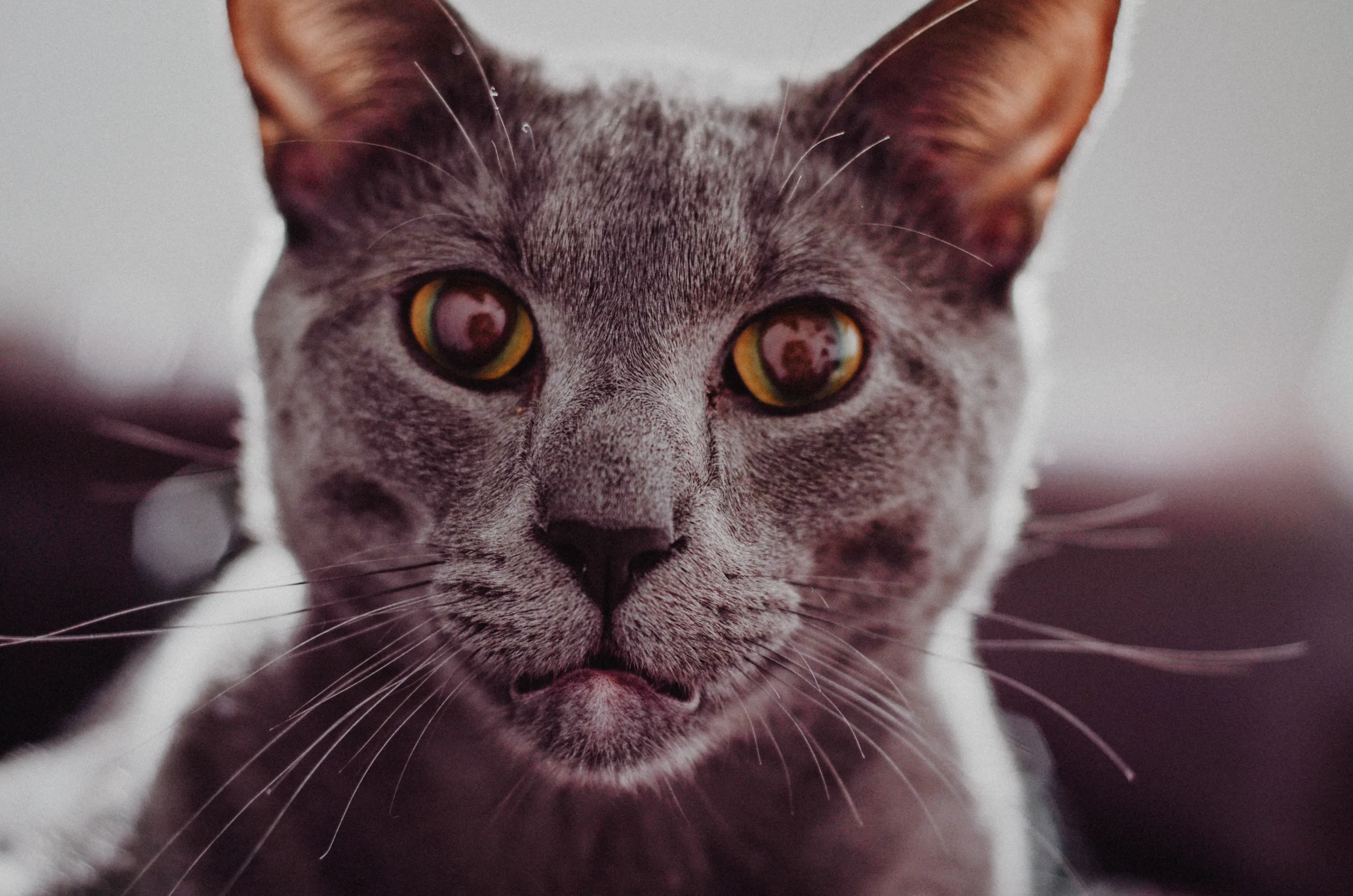As a cat owner, observing changes in your furry friend’s health can be concerning, especially when it involves their eyes. If you notice your cat’s eye watering with a brownish discharge, it’s important to address the issue promptly. Brown eye discharge can indicate various underlying causes, ranging from minor irritations to potentially serious conditions. In this article, we’ll explore the potential reasons behind brown eye discharge in cats, when to be concerned, and steps to take for your cat’s well-being.
For more about cats click here
Introduction
Eye discharge in cats can be indicative of several factors, including infections, allergies, or injuries. When the discharge takes on a brown hue, it often points to something beyond normal tear staining. While not all cases are cause for immediate alarm, it’s essential to investigate the cause of the brown discharge and ensure your cat receives appropriate care.
Brown Eye Discharge: Possible Causes
**1. Epiphora:
Epiphora refers to excessive tearing or watering of the eyes. It can be caused by various factors, including eye irritations, allergies, or blocked tear ducts. When the tears mix with the natural secretions around the eyes, they can create brownish stains.
**2. Eye Infections:
Eye infections, such as conjunctivitis or bacterial infections, can lead to brown eye discharge. The discharge might also be accompanied by redness, swelling, and discomfort.
**3. Corneal Ulcers:
Corneal ulcers are open sores on the surface of the eye. They can cause watery eyes, squinting, and brown discharge. Corneal ulcers require immediate veterinary attention to prevent complications.
**4. Glaucoma:
Glaucoma is a condition that increases pressure within the eye, leading to discomfort and potential vision loss. It can cause excessive tearing and cloudy, brownish discharge.
**5. Foreign Objects or Injuries:
Foreign objects like dirt, debris, or small particles can get trapped in the eye, leading to irritation and tearing. Injuries to the eye can also cause similar symptoms.
**6. Conjunctival Hyperemia:
Conjunctival hyperemia is an inflammation of the blood vessels in the eye’s conjunctiva. It can lead to redness, watery eyes, and brownish discharge.
When to Worry About Cat’s Eye Discharge
While some cases of eye discharge might resolve on their own, there are situations that warrant immediate attention:
- Persistent Discharge: If the brown eye discharge persists for more than a day or worsens, it’s crucial to consult a veterinarian.
- Change in Behavior: If your cat is excessively rubbing its eyes, squinting, or showing signs of discomfort, it indicates a problem.
- Cloudiness or Redness: Cloudiness in the eye or redness around the eye area could signify an underlying issue.
- Change in Appetite or Behavior: Any noticeable changes in your cat’s behavior, appetite, or activity levels should be taken seriously.
FAQs on Why is My Cats Eye Watering Brown?
- When should I worry about cat’s eye discharge?If the discharge persists, worsens, or is accompanied by other concerning symptoms, it’s time to consult a veterinarian.
- Why is my cat’s eye watering in one eye?Uneven eye watering could be due to an infection, injury, or blocked tear duct specific to one eye.
- What Colour is normal cat eye discharge?Normal cat eye discharge is clear and watery. Discharge that is cloudy, colored, or thick is a sign of an issue.
- Why is my cat’s eye leaking fluid?Fluid leakage from the eye could be due to infections, injuries, or other eye conditions. It’s best to have a vet examine your cat.
- What does a cat eye infection look like?A cat eye infection might cause redness, swelling, discharge, squinting, and discomfort.
- Will cat eye infection go away?A cat eye infection requires veterinary treatment. Leaving it untreated can lead to complications and potential vision loss.
Conclusion
Brown eye discharge in cats can be a sign of various underlying issues, ranging from minor irritations to serious conditions. Observing your cat’s overall behavior, any changes in their eyes, and the presence of other symptoms will help you determine when veterinary attention is needed. Prompt diagnosis and appropriate treatment are essential for ensuring your cat’s eye health and overall well-being. If you’re ever unsure or concerned about your cat’s eye health, consulting a veterinarian is the best course of action.
Click here for more
